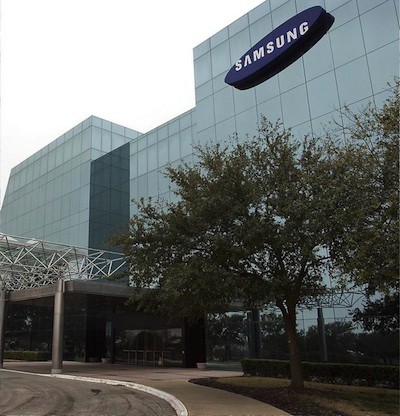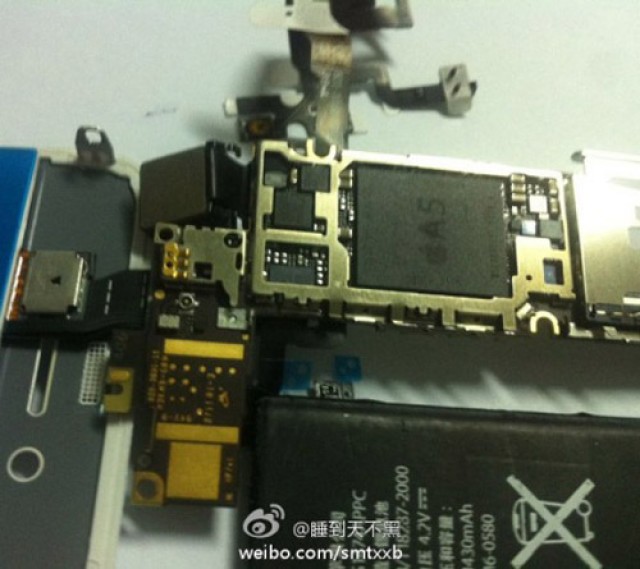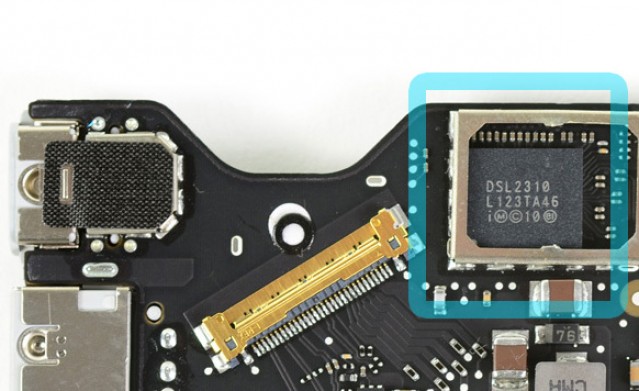Apple has been forced to cease online sales of its iPhone 3GS, iPhone 4, and 3G-equipped iPad 2 in Germany after Motorola triumphed over the Cupertino company in a Mannheim court, securing an injunction against several of its 3G devices. Those affected are no longer available to purchase from Apple’s online store, though they can still be obtained from its retail stores.
Motorola Triumphs Over Apple To Secure Online Ban On Selected iOS Devices


![Apple Now Makes Its Own Processor For the iPod Nano, Too [Updated] 7-gen-iPod-nano-teardown](https://www.cultofmac.com/wp-content/uploads/2011/10/7gennano-111006-3.jpg)



